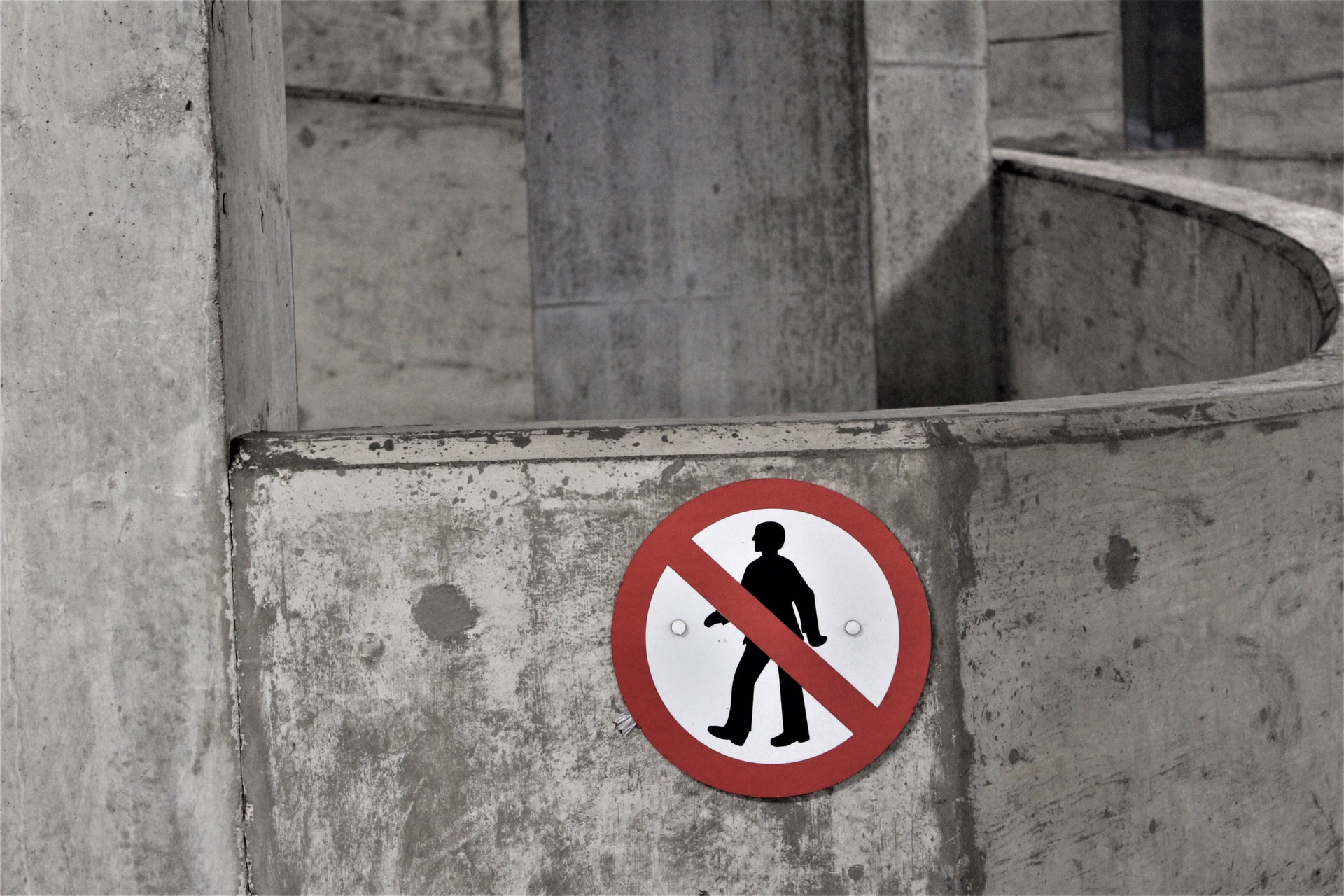As an employer, when you become aware that an employee may have done something wrong, a lot of questions will probably come into your mind at once. What’s been going on? What is the extent of it? Why would they do that? What are the impacts? Are the rest of the team and customers ok? And, if the matter is serious enough to consider taking disciplinary action, should I suspend the employee?
Suspension is a tool to allow the employer to be able to investigate the alleged wrongdoing in this scenario. As such, when an employee is suspended, it is not a punishment or indicator of guilt. The employee will continue to be employed and receive full pay; however, they will be required to not attend work.
However, ACAS state that:
“Suspension should never be an automatic approach for an employer when dealing with a potential disciplinary matter.”
They also highlight that most disciplinary procedures will not require suspension, and that employees will usually be able to continue undertaking their role whilst an investigation takes place.
And so, as an employer, how do you decide whether or not it is necessary to suspend an employee suspected of wrongdoing? Suspension may be appropriate when the employee is suspected of having undertaken a serious act of wrongdoing, and where one of the following apply:
- There is some sort of risk to employees, property or customers, e.g. an employee who is accused of refusing to follow a key health and safety procedure;
- The employee could influence witnesses and/or sway the investigation into the allegation, e.g. attempting to intimidate witnesses;
- There is a risk of the employee tampering with evidence, e.g. an employee with access to financial systems suspected of fraud;
- Working relationships have severely broken down, e.g. an employee is alleged of bullying and other employees do not feel able to work around them;
- The employee is the subject of criminal proceedings which may affect whether they can do their job, e.g. safeguarding concerns in an education setting.
When you inform an employee of their suspension, it may be appropriate to impose certain restrictions proportionate to the risks above, e.g. to not contact colleagues to discuss the matter, to have access to IT systems temporarily removed, to not enter the Company premises, etc.
It can be tempting to think that there is always a risk of an employee interfering with an investigation, however, the decision to suspend needs to be considered carefully, considering the seriousness of the allegation. Suspension on full pay has cost implications, which may not be necessary if the employee can continue to work whilst the investigation takes place. Also, unnecessary suspension can lead to a breakdown of trust and confidence between an employee and employer, as well as damage to the employee’s reputation and relationships in the workplace, and may have future legal implications as a result.
We really do encourage employer’s to act with caution and take time to consider the circumstances before embarking on suspension. Please also remember the terms of suspension should be confirmed in writing to an employee
As such, if you are considering whether or not to suspend an employee or you require support with the appropriate letter(s), please do contact a member of the ViewHR team to discuss the situation.

